Best MPT Colleges in Dehradun 2026
🔍
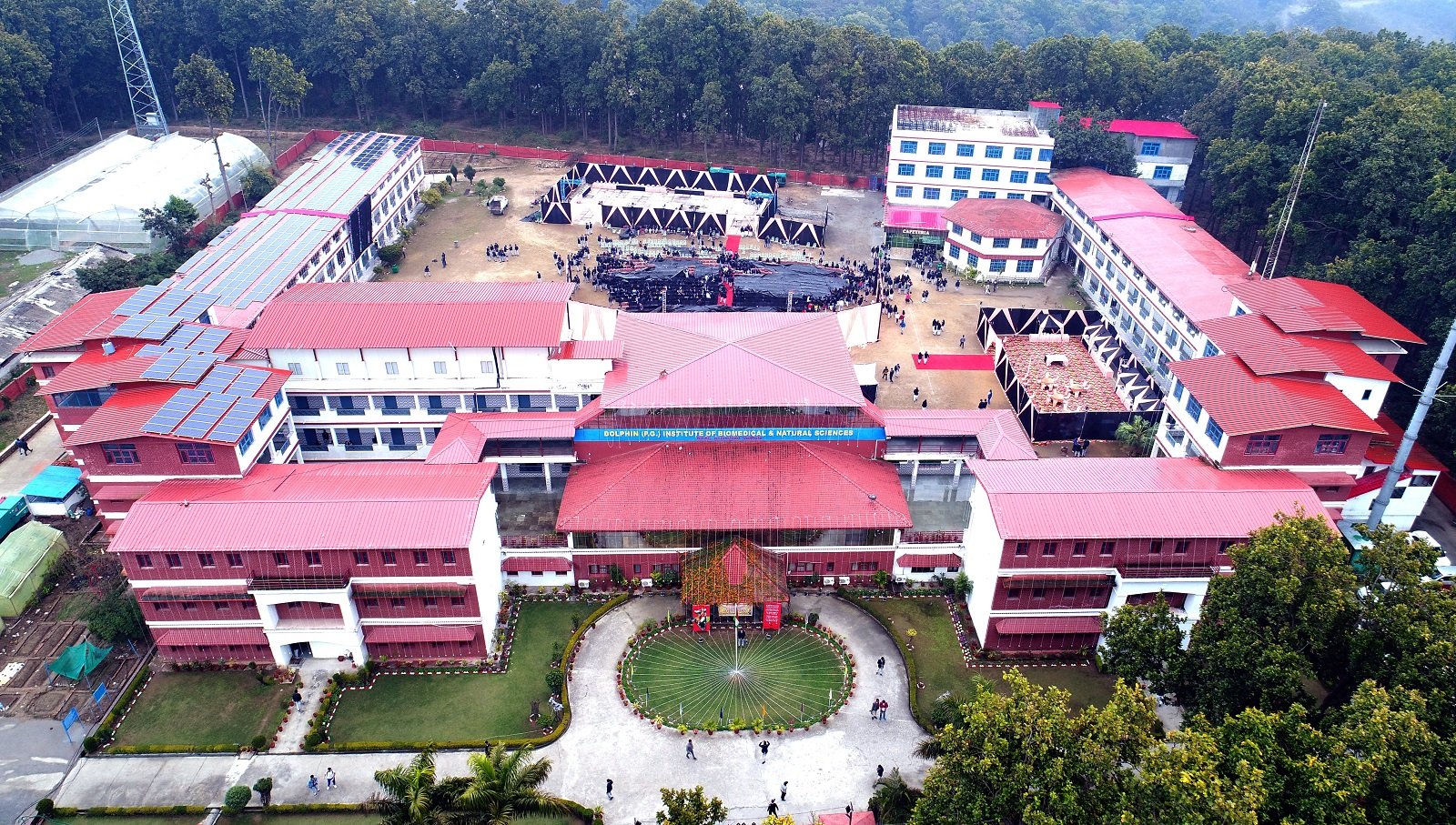
NAAC A+
Dolphin (PG) Institute of Biomedical & Natural Sciences
dehradun,Uttarakhand
Affiliated toHNB
4 ★1 Review|🔥 1524+ Applied
✔ Verified📚 30+ Courses

Dolphin (PG) Institute of Biomedical & Natural Sciences
🔥 1632+Applied📚 30+ Courses
Affiliated: HNB
Established: 2002
41 Review
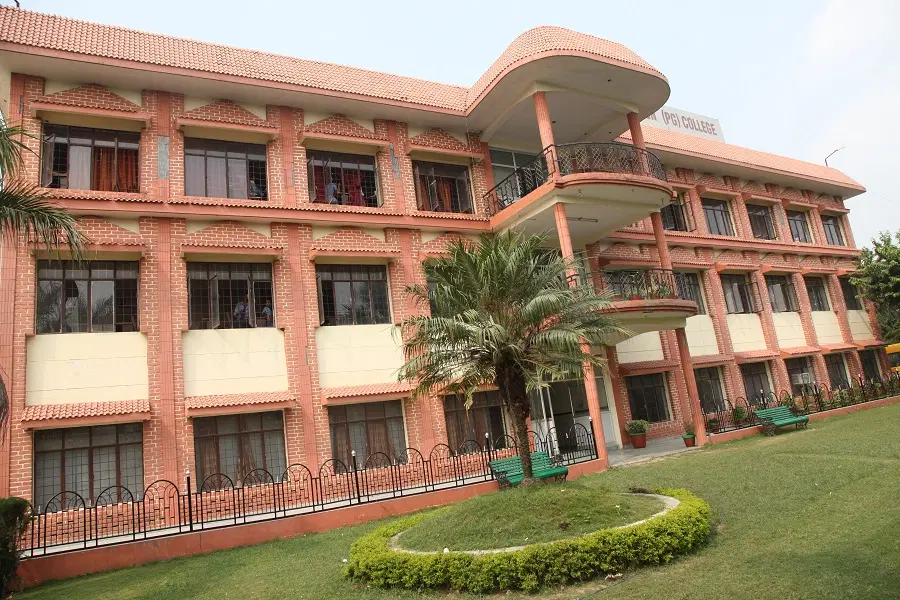
NAAC A
Doon (P.G) Paramedical College & Hospital
dehradun,Uttarakhand
Affiliated toHNB
4 ★1 Review|🔥 1962+ Applied
✔ Verified📚 11+ Courses

Doon (P.G) Paramedical College & Hospital
🔥 1759+Applied📚 11+ Courses
Affiliated: HNB
Established: 2000
41 Review
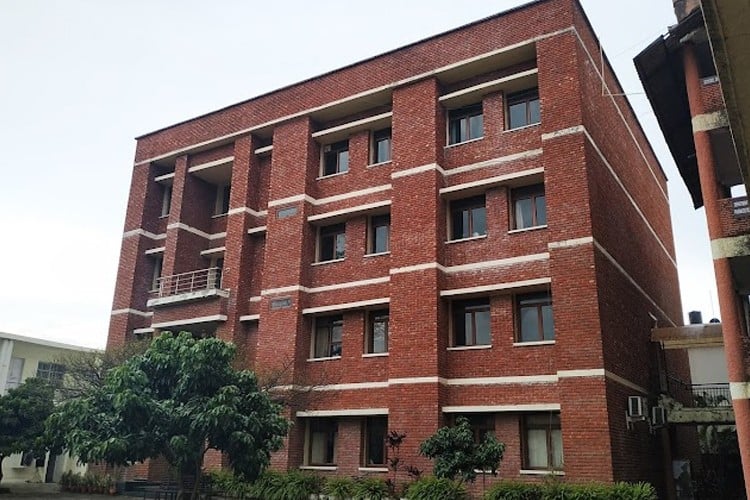
NAAC A+
Sardar Bhagwan Singh University
dehradun,Uttarakhand
Affiliated toSardar Bhagwan Singh University
5 ★1 Review|🔥 1711+ Applied
✔ Verified📚 52 Courses

Sardar Bhagwan Singh University
🔥 1630+Applied📚 52 Courses
Affiliated: Sardar Bhagwan Singh University
Established: 1994
51 Review
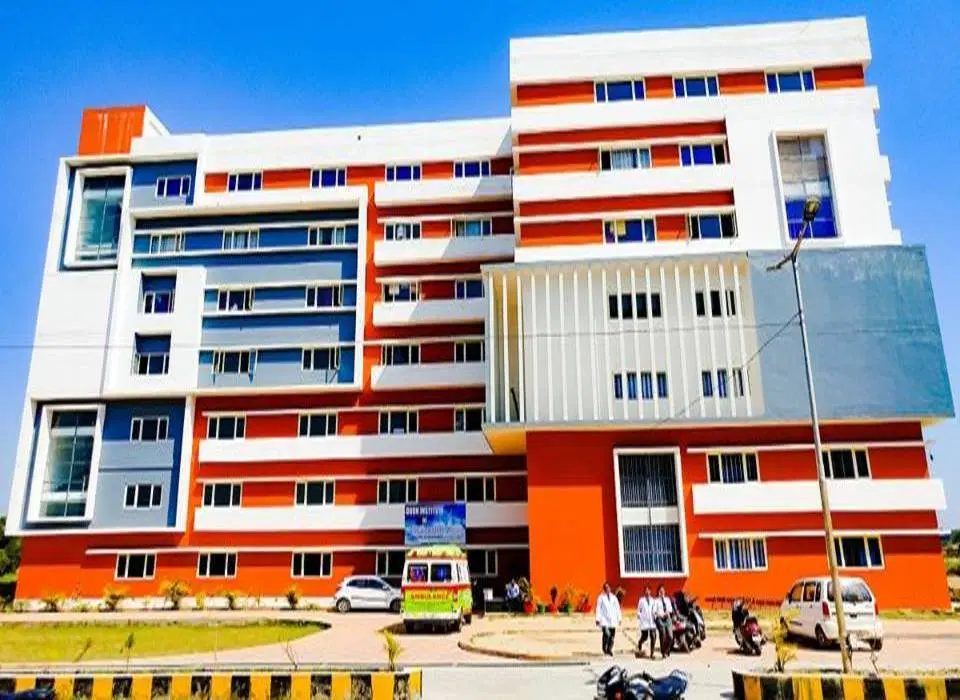
DIMS (Doon Institute of Medical Science)
dehradun,Uttarakhand
Affiliated toHNB
5 ★1 Review|🔥 1623+ Applied
✔ Verified📚 19+ Courses

DIMS (Doon Institute of Medical Science)
🔥 1647+Applied📚 19+ Courses
Affiliated: HNB
Established: 2015
51 Review
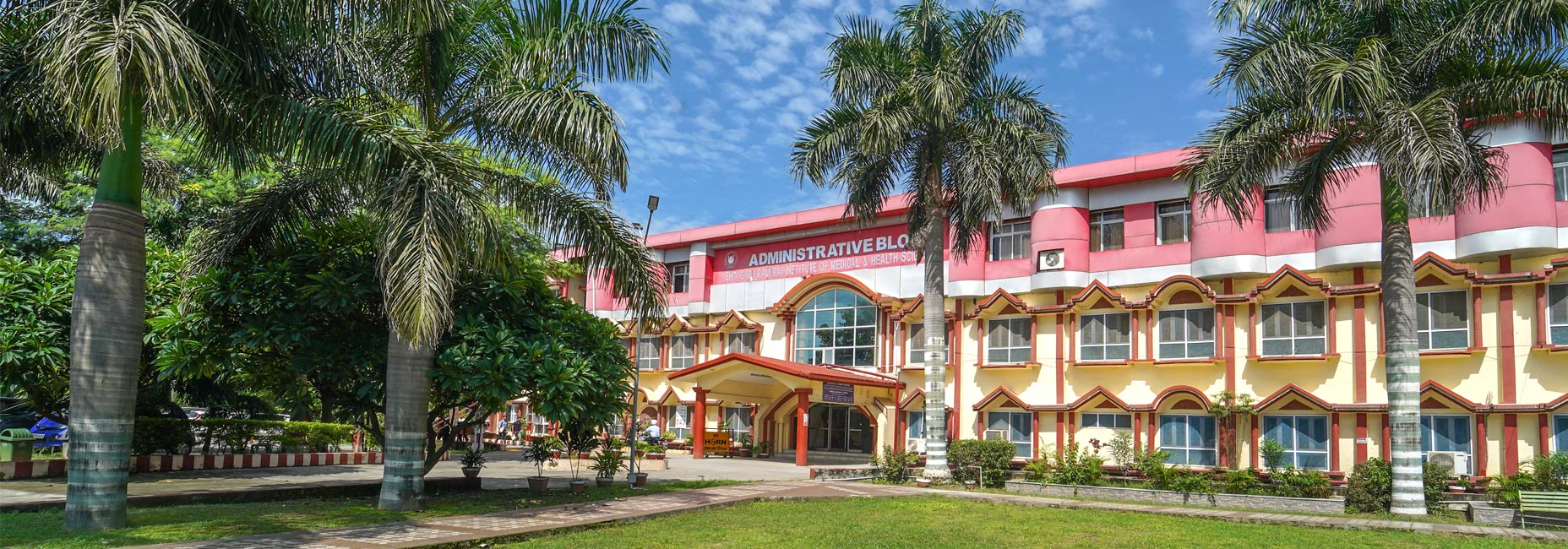
NAAC A
Shri Mahant Devendra Dass Ji Maharaj
dehradun,Uttarakhand
Affiliated toHNB
3 ★1 Review|🔥 1621+ Applied
✔ Verified📚 130 Courses

Shri Mahant Devendra Dass Ji Maharaj
🔥 1830+Applied📚 130 Courses
Affiliated: HNB
Established: 2006
31 Review
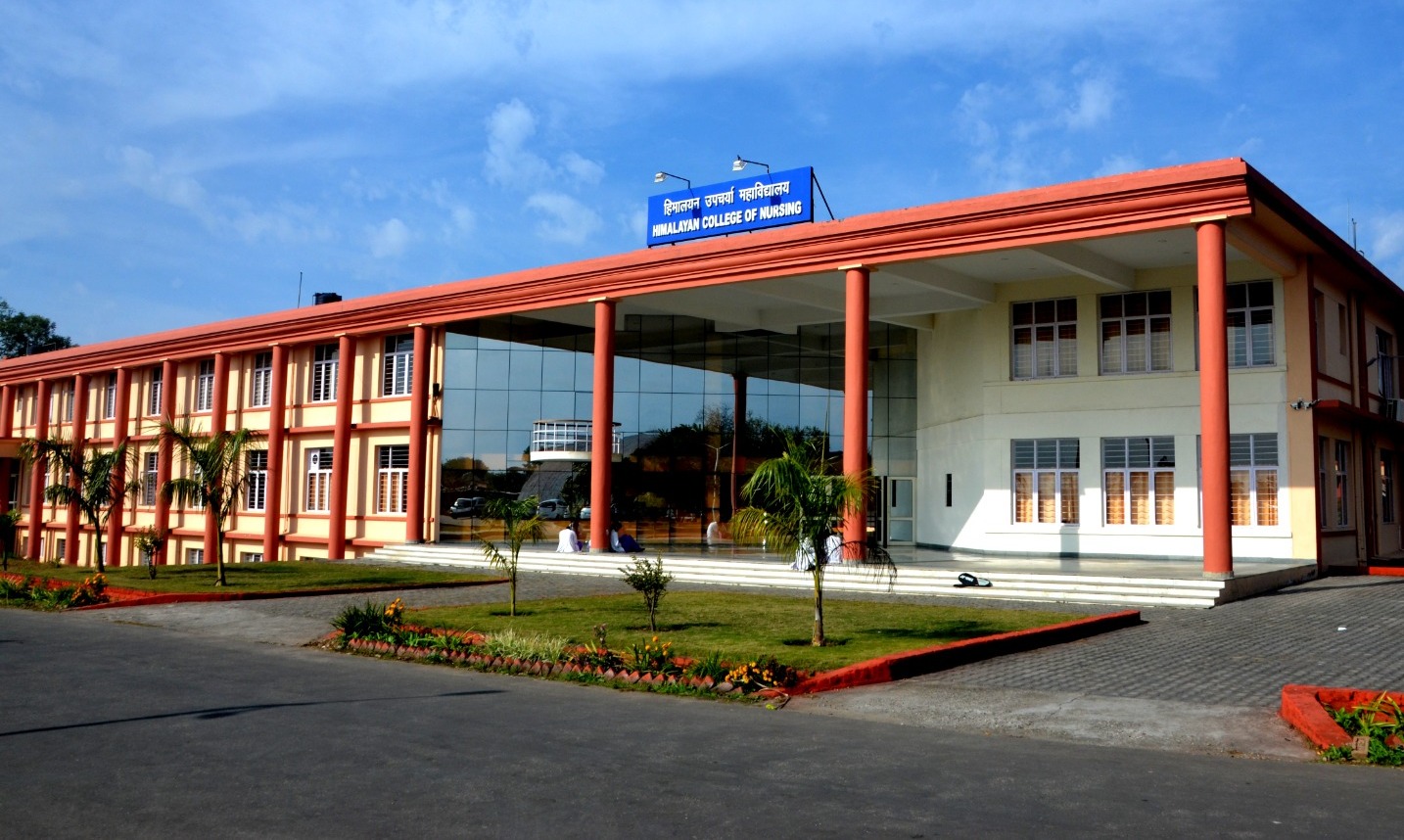
NAAC A+
Himalayan College of Nursing
dehradun,Uttarakhand
Affiliated toSwami Rama Himalayan University
3.5 ★2 Reviews|🔥 1531+ Applied
✔ Verified📚 6+ Courses

Himalayan College of Nursing
🔥 1782+Applied📚 6+ Courses
Affiliated: Swami Rama Himalayan University
Established: 2006
3.52 Reviews
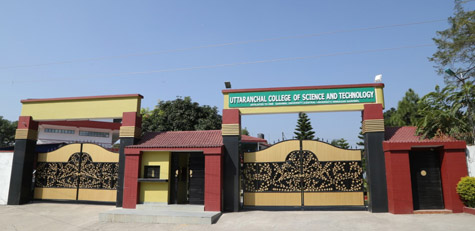
UTTARANCHAL COLLEGE OF SCIENCE AND TECHNOLOGY
dehradun,Uttarakhand
Affiliated toHNB
5 ★1 Review|🔥 1961+ Applied
✔ Verified📚 24+ Courses

UTTARANCHAL COLLEGE OF SCIENCE AND TECHNOLOGY
🔥 1888+Applied📚 24+ Courses
Affiliated: HNB
Established: 2002
51 Review